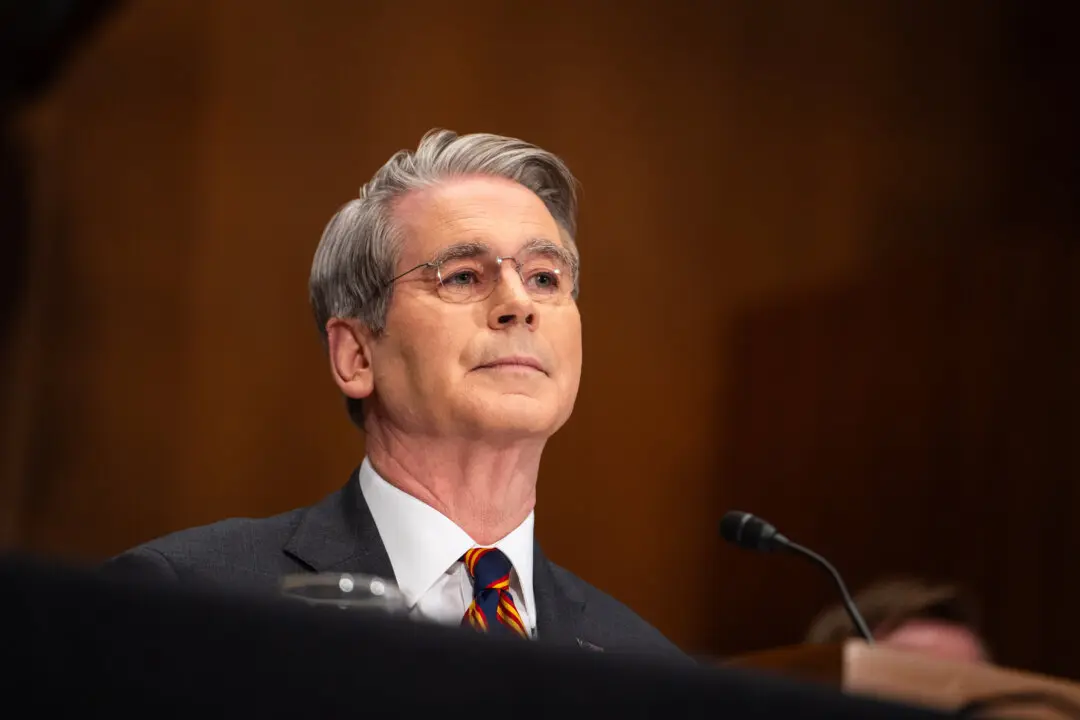Public statements made by members of Congress this week suggest there is pessimism about passing a pandemic stimulus bill, with some warning that the measure won’t be passed until after the November election or after the year is over.
“Congress isn’t going to pass more COVID-19 relief before the election,” Sen. Marco Rubio (R-Fla.) wrote on Thursday morning. “And the biggest reason why is [House] Speaker [Nancy] Pelosi & Senator [Chuck] Schumer believe Trump & the GOP will be blamed for the pain doing nothing will cause & that will help them win the White House & Senate in November.”





